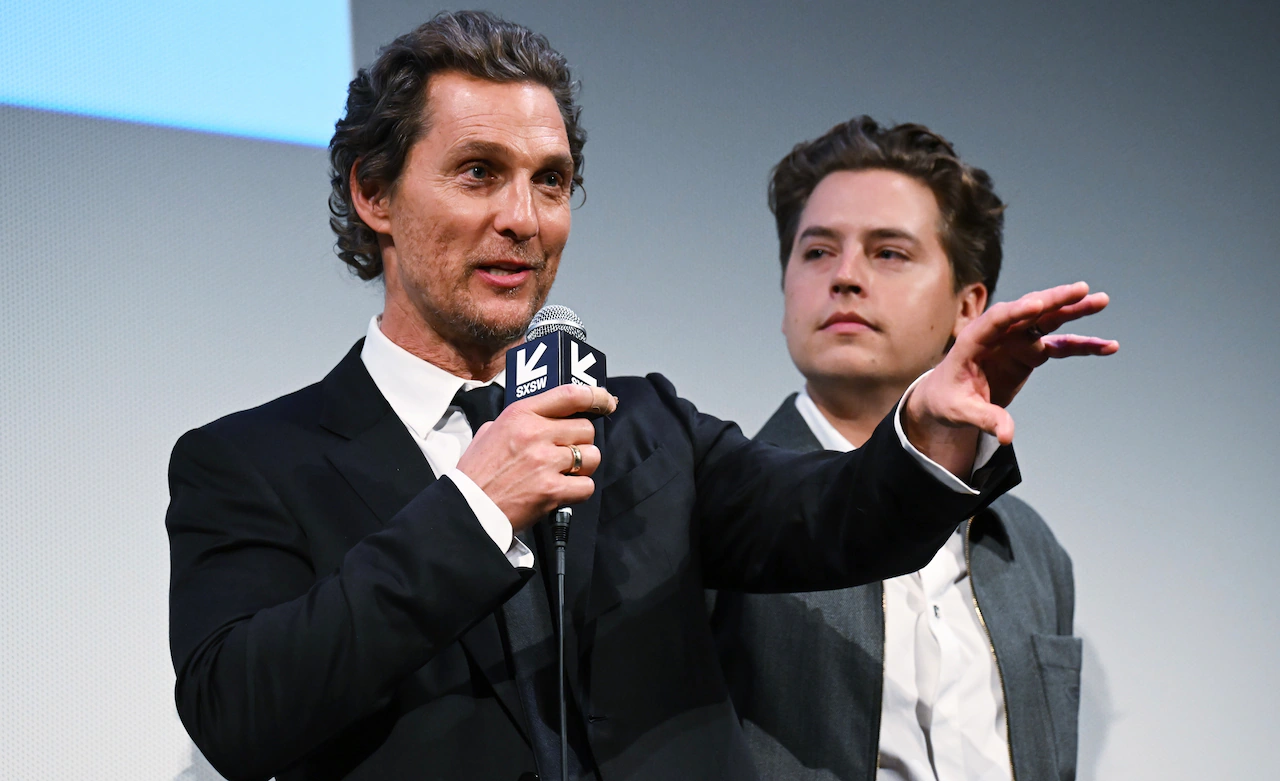
NEW YORK, Sept 25 (Reuters Breakingviews) – The world’s wealthiest families are playing offense with their fortunes. Their private investment hubs—known as single-family offices—are growing in both size and number, potentially reaching, opens new tab $5.4 trillion in assets under management by 2030, says Deloitte. Even the elite have reason to feel class envy, though: within this group, a rarefied few at the top are pulling away, amassing firepower that rivals sovereign wealth funds and buyout shops. This new class of investor will exert increasing and opaque sway over the realm of private markets.
This recent wave of expansion starts from an already very large base. With Intelligence, which tracks just over 3,000 single-family offices, pegs the universe’s combined investable assets at $4.7 trillion, already around 8% of global pension assets. And because nea rly two-thirds were founded after 2000, many newer entrants aren’t yet captured in datasets, meaning this tally almost certainly understates their true scale.
Sign up here.
Within this field, a stark, opens new tab divide is emerging. Offices juggling more than $1 billion in assets increasingly resemble, opens new tab mid-sized traditional asset managers, with nearly 30 staff on average, formal boards in 70% of cases, and chief investment officers commanding $900,000 pay packages, opens new tab, according to Morgan Stanley Private Wealth Management and Botoff Consulting. Below that threshold, thousands of smaller outfits lean on teams of fewer than ten people operating, opens new tab under patchy governance.
This is more than just a curiosity. At the biggest scales, these shops can make a huge impact. Just look at now-defunct Archegos Capital Management, once the $36 billion home of the fortune of Bill Hwang. It made a series of massively concentrated bets that wildly spiked the share prices of technology and media companies like Warner Bros. Discovery (WBD.O), opens new tab. When the music stopped, the firm’s collapse inflicted about $10 billion of losses on its lenders, including the likes of Credit Suisse and Nomura. It evaded scrutiny until the decisive moment partly because of its use of derivatives, but also because family offices enjoy a light-touch regulatory regime, one that makes their operations relatively murky.
While Archegos sent shockwaves through public markets, most of its peers are eagerly jumping into so-called alternative investments unavailable to the unwashed masses. These account for 42% of the average portfolio, half of which is in private equity specifically, according to BlackRock (BLK.N), opens new tab. But only the largest managers have the heft to find their own deals, rather than relying on others to cut them in. Billion-dollar offices can tap vast relationship networks, or even seed their own platforms. Michael Dell’s DFO Management, for example, was the first, opens new tab outside investor to back 5C Investment Partners, a private credit firm founded by former Goldman Sachs (GS.N), opens new tab executives.
Upstarts lacking this depth must lean on co-investments, stakes in broader funds, and digital syndicates like Moonfare, opens new tab and iCapital, opens new tab. Nearly two-thirds of offices say they aim to complete six or more directly sourced deals a year, according to With Intelligence. In practice, direct holdings make up only 10% of assets. PwC estimates that around 60% of U.S. family office investments, opens new tab take the form of club deals, where several firms pool their capital to reach scale. Access is broader, but often at higher fees and on less favorable terms.
Despite these disadvantages, the path of least resistance is steadily becoming the default. Direct private equity deals generated average annual returns, opens new tab of 21% as of 2021, according to Royal Bank of Canada. Yet UBS finds family offices planning to cut, opens new tab direct allocations from 21% to 18% in favor of funds.
Buyout barons’ recent difficulties drumming up asset sales, and thus cash to return to investors, adds further pressure. Some $413 billion of portfolio company exits in 2024 represents barely, opens new tab over half of 2021’s peak, according to S&P Global. It is little wonder that the market for trading investors’ stakes in private equity funds hit a record $151 billion. As smaller offices buckle and cash out of their illiquid holdings, larger peers can scoop them up at a discount – last year, at about 89% of net asset value.
Higher-for-longer rates add another layer of sorting. Private credit, where loans typically charge a spread over a benchmark that has risen sharply, is the flavor of the day. Around 40% of single-family offices plan to increase exposure over the next year, according to Bank of New York Mellon (BK.N), opens new tab. Scale again dictates entry point. The largest can lend directly, opens new tab or back platforms, keeping the full 10%-plus yields now available on senior loans. Smaller peers, confined to funds, see yields whittled down to around 8% after fees.
Even just securing staff is a challenge. Nearly 80% of family offices report, opens new tab hiring difficulties, and more than half worry about retention, according to multi-family office manager AlTi Global (ALTI.O), opens new tab and industry researcher Campden Wealth. A third of family members tied to sub-$250 million offices are unhappy with how they’re run, compared with fewer than one in ten among billion-dollar peers. For professionals arriving from hedge funds or private equity, looser governance and family politics can be a shock, opens new tab.
Taken together, these pressures are producing a global hierarchy. From Hong Kong to Zurich, a small cohort of families now controls portfolios worth tens of billions apiece. The founding Walmart (WMT.N), opens new tab family’s Walton Enterprises or Bill Gates’s Cascade Investment loom large. In Switzerland alone, nearly 12% of family offices manage more than $5 billion each, says BNY Mellon. That gives them heft to syndicate capital, dictate terms, and bypass public markets entirely. Their clout is also reshaping the market for financial talent. In New York and London, recruiters now specialize in sourcing candidates specifically for wealthy families.
The same goes for an array of associated services. Outsourced chief investment officers now manage, opens new tab over $2 trillion, according to Cerulli Associates. Multi-family platforms such as AlTi Global and Rockefeller Capital Management are scaling, opens new tabquickly. Wealth-tech firms like Addepar and Canoe Intelligence are raising, opens new tab capital, opens new tab to build on their products for handling performance reporting and due diligence.
The outcome is a sharper concentration of both wealth and influence. The biggest family offices—rich in capital, talent, and networks—will increasingly shape the realm of private assets in ways that banks and regulators have not yet fully confronted. The divide at the top is between who is just wealthy, and who can move markets.
Follow Sebastian Pellejero on LinkedIn, opens new tab.
Context News
For more insights like these, click here, opens new tab to try Breakingviews for free.
Editing by Jonathan Guilford; Production by Maya Nandhini
Breakingviews
Reuters Breakingviews is the world’s leading source of agenda-setting financial insight. As the Reuters brand for financial commentary, we dissect the big business and economic stories as they break around the world every day. A global team of about 30 correspondents in New York, London, Hong Kong and other major cities provides expert analysis in real time.
Sign up for a free trial of our full service at https://www.breakingviews.com/trial and follow us on Twitter @Breakingviews and at www.breakingviews.com. All opinions expressed are those of the authors.
Sebastian Pellejero is a U.S. columnist for Reuters Breakingviews, based in New York. He writes about topics across business, investing, markets and technology. Prior to joining in March 2025, he worked as an equity research analyst at BlackRock and a markets reporter for The Wall Street Journal, along with stints at Bloomberg and Debtwire. He is a graduate of Wake Forest University and speaks Spanish.



